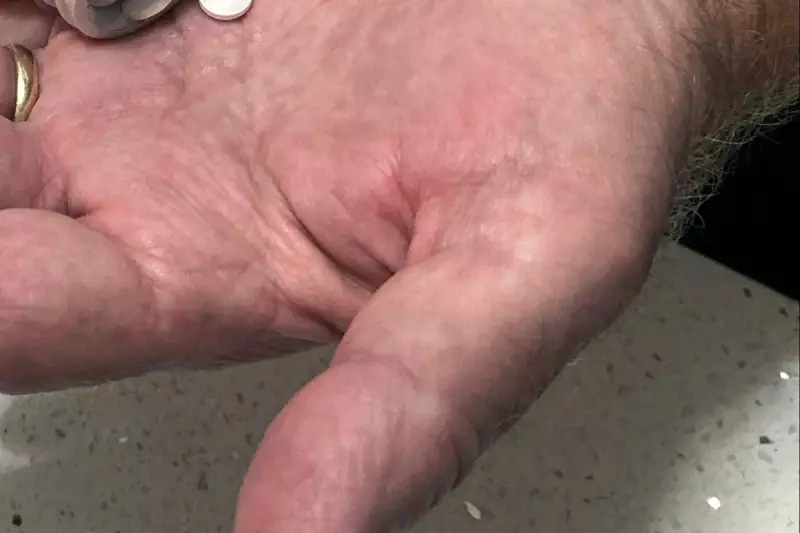
Millions of Britons relying on melatonin supplements for better sleep may be putting their heart health at risk, according to alarming new research that exposes potential dangers lurking in the popular sleep aids.
The Hidden Dangers in Your Medicine Cabinet
A comprehensive analysis of melatonin products has revealed concerning inconsistencies that could have serious implications for cardiovascular health. Researchers found that what's listed on the label often doesn't match what's actually in the bottle, creating unpredictable risks for unsuspecting consumers.
Dosing Discrepancies and Unknown Ingredients
The study uncovered several critical issues:
- Significant variations in actual melatonin content compared to labelled amounts
- Presence of undisclosed ingredients including serotonin, a controlled substance
- Inconsistent dosing between different batches of the same product
- Lack of proper regulation and quality control in supplement manufacturing
Cardiovascular Concerns Take Centre Stage
Medical experts are particularly concerned about the potential impact on heart health. Dr. Pieter Cohen, the study's senior author, emphasised the seriousness of the findings: "The combinations we found of melatonin and other ingredients that aren't declared on the label could pose a real risk to patients with cardiovascular disease."
The presence of serotonin is especially worrying, as it can constrict blood vessels and potentially trigger cardiovascular events in vulnerable individuals.
A Growing Public Health Issue
With melatonin supplement use skyrocketing in recent years – particularly among those struggling with pandemic-related sleep disturbances – these findings highlight an urgent need for better regulation and consumer awareness.
Unlike prescription medications, melatonin supplements aren't subject to rigorous testing and approval processes, leaving consumers to navigate an uncertain landscape of product quality and safety.
Expert Recommendations for Safe Sleep
Healthcare professionals advise caution and recommend:
- Consulting with a doctor before starting any sleep supplement regimen
- Considering non-pharmacological approaches to sleep improvement first
- Being aware that "natural" doesn't automatically mean safe
- Monitoring for any unusual symptoms when taking sleep aids
As research continues to uncover the potential risks associated with these popular supplements, consumers are urged to approach sleep aids with informed caution and prioritise consultation with healthcare providers.





